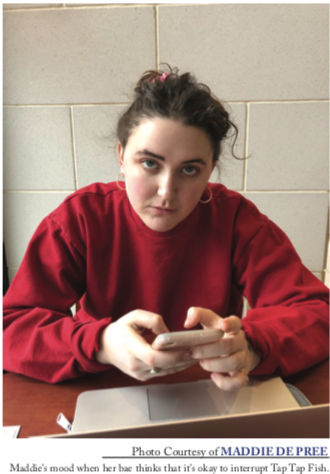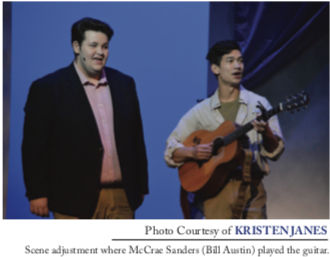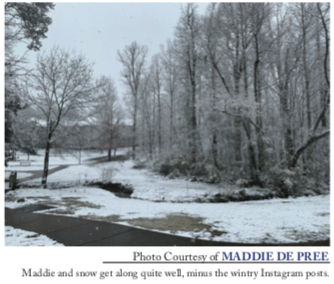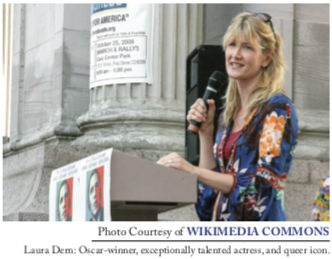By Lasley Cash, Staff Writer
Ross Douthat, op-ed columnist for The New York Times, came to Furman University’s campus Jan. 27 to speak on “The Futures of Christianity in 21st Century America.”
Co-sponsored by Furman’s Political Science Department, the Tocqueville Program, and the College Republicans club, his presence brought a wide following of Furman students and faculty, as well as members in the community of Greenville. As there were so many people who came to hear him speak, both students and adults had to line the edges of the theatre, many sitting outside with their ears pressed against the wall to listen to him speak. However, even those who had not come early enough to get a seat inside the theatre were not deterred from hearing Douthat’s thoughts on religion.
Douthat began his presentation discussing his childhood as he was “on a tour of American Christianity,” receiving exposure at an early age to a large perspective of religion. He began his career in journalism while studying at Harvard University, where he contributed to “The Harvard Crimson” and the “Harvard Salient.” Several years after his graduation, Douthat wrote his first book in 2005, “Privilege: Harvard and the Education of the Ruling Class.” Douthat went on to co-write “Grand New Party: How Republicans Can Win the Working Class” and “Save the American Dream” with author, Reihan Salam, and to independently write “Bad Religion: How We Became a Nation of Heretics.”
Throughout his presentation, Douthat deliberated on one of the major concepts in his book, “Bad Religion,” regarding the changes that have occurred within religion in the United States after WWII. Douthat stated, “We have not lived in a period where religion has gone into decline,” rather a period where religion has taken on a different, yet broader form of spirituality. He believes that spiritual institutions have been on the rise in the past fifty to sixty years, and that today Americans are taking a step back to re-evaluate what spirituality personally means in their lives.
“Religion is something that everyone should define for themselves,” Douthat stated, and that it should be true across all denominations.
Douthat left his audience with his thoughts on what he believes the religious landscape for the future will hold. He offered remarks regarding the paths that personal religious preferences could embark on, including a shift towards the status quo, a new form of institutionalized Christianity, and a revival of traditional Christianity, focused on social solidarity.
In Douthat’s words, however, “we can only learn fruitfully from the past and apply it to the future,” but what the future holds is ultimately in the hands of today’s youth. The popular appeal of religion today is grounded upon offering people what they need in response to what is occurring in their lives.
The way that 21st century Americans think is shaped by our ideas and consumptions in society, but no matter what position you are in, Douthat believes that Americans can always find refuge through spirituality.
Your donation will support the student journalists of Furman University. Your contribution will allow us to purchase equipment and cover our annual website hosting costs.






























